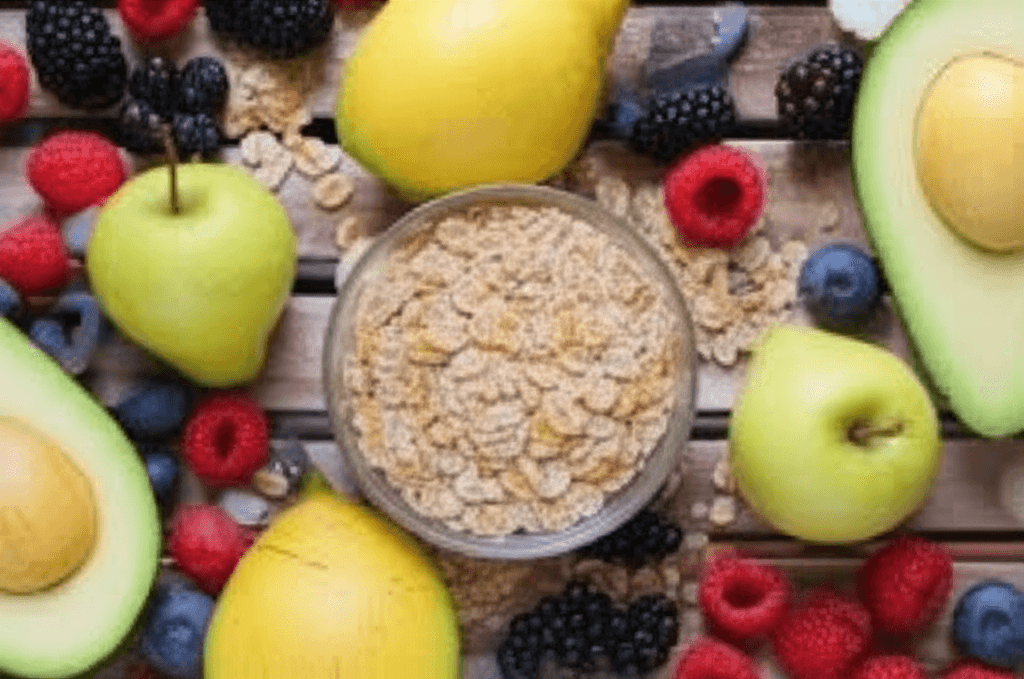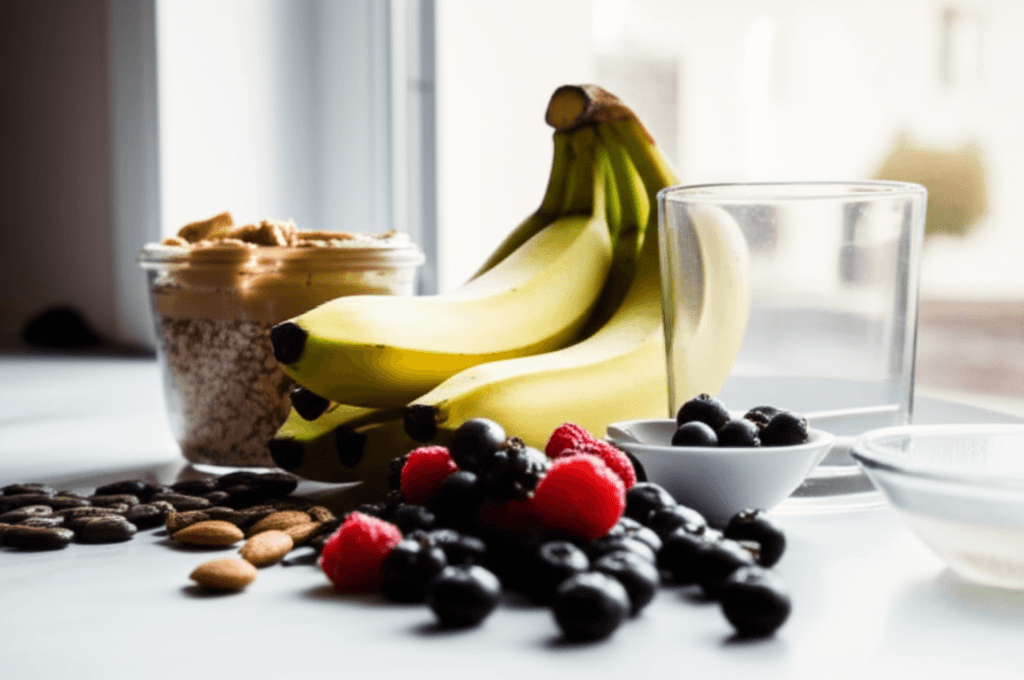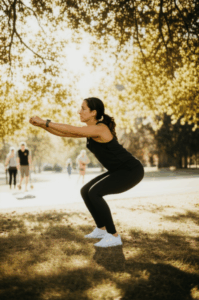Waking up early to hit the gym is a commendable feat, but for many, the enthusiasm can quickly turn into a dizzying or lightheaded experience. Feeling faint or experiencing blackouts during a morning workout is a common complaint, often signaling that your body isn’t adequately prepared for the physical demands ahead. Experts emphasize that proper pre-workout nutrition is crucial to prevent these uncomfortable — and sometimes alarming — sensations.

Why Do You Get Dizzy or Faint During Morning Workouts?
Several factors contribute to lightheadedness or fainting during exercise, especially in the morning. The primary culprits often include low blood sugar (hypoglycemia) and dehydration.
- Low Blood Sugar: After a night of fasting, your body’s glycogen stores (the stored form of glucose, your main energy source) can be depleted. When you start exercising on an empty stomach, your blood sugar levels can drop, leading to dizziness, weakness, anxiety, fatigue, and irritability. This is particularly true for intense workouts.
- Dehydration: Insufficient fluid intake before and during exercise can decrease blood volume, causing a drop in blood pressure and leading to lightheadedness as less blood circulates to your brain.
- Overexertion: Pushing your body beyond its current conditioning level, or increasing workout intensity too quickly, can also lead to lightheadedness.
- Carbon Dioxide Buildup: In some cases, feeling dizzy can be attributed to the body accumulating carbon dioxide without being able to get rid of it efficiently, a phenomenon described as “exasperation” by Fittr CEO Jitendra Chouksey.
Early signs of a blackout or fainting include dizziness, lightheadedness, weakness, nausea, changes in vision, and a sensation of warmth or paleness.

The Role of Pre-Workout Nutrition
To prevent these issues, fueling your body with the right nutrients before a morning workout is essential. Pre-workout nutrition boosts energy, improves performance, supports fat loss, and reduces the likelihood of dizziness, nausea, or burnout. The two most important macronutrients for pre-workout fueling are carbohydrates and protein.
- Carbohydrates: These are your body’s primary energy source. They are broken down into glucose, which muscles use for fuel. Consuming carbohydrates before a workout helps replenish glycogen stores, providing sustained energy. Simple carbohydrates offer a quick energy boost, while complex carbohydrates provide a slower, more long-term release of energy.
- Protein: Protein supplies amino acids, which are vital for building, maintaining, and repairing muscle fibers. Eating protein before exercise can improve performance and help prevent muscle damage, initiating the recovery process early. It also helps curb appetite without causing stomach discomfort.
While healthy fats are important for a balanced diet, they are digested slowly and are not necessary before a workout. Too much fat close to exercise can lead to stomach problems and a sluggish feeling.

Expert-Recommended Pre-Workout Foods for Morning Workouts
The ideal pre-workout meal or snack balances carbohydrates and protein, is easy to digest, and is consumed at the right time.
For Workouts 30-60 Minutes Away (Small, Easily Digestible Snacks)
If you have less than an hour before your workout, focus on easily digestible carbohydrates, often paired with a small amount of protein.
- Banana: A quick and excellent source of easy-to-digest carbohydrates and potassium, which helps with electrolytes. Pair with a spoonful of nut butter for added protein and fat.
- Fresh Fruit: Apples, oranges, or other fruits are packed with energizing carbohydrates (15-20 grams per piece) and are easy to grab and go.
- 100% Fruit Juice: For those who struggle to eat solid food early, fruit juice can provide a quick source of sugar and energy.
- Rice Cakes with Nut Butter and Banana: Offers a good balance of simple and complex carbohydrates with protein.
- Small Protein Bar (100-150 calories): Choose a light bar for quick fuel.
- Dry Cereal: Some dry cereals, low in fiber and added sugar, can provide quick carbs.
- Greek Yogurt and Fruit: Greek yogurt is high in protein, while berries provide natural sugars. A bit of granola can be added for crunch and extra carbs.
- Low-Fat Chocolate Milk: Provides a good mix of carbs and protein.
For Workouts 1-3 Hours Away (More Substantial Snacks/Small Meals)
If you have more time, a slightly more substantial snack or small meal combining complex carbohydrates and protein is ideal.
- Oatmeal with Berries and Protein Powder: Oats provide slow-release carbohydrates for sustained energy, and protein powder aids muscle repair.
- Whole-Grain Toast with Nut Butter and Banana: Offers a blend of complex carbs, protein, and healthy fats.
- Fruit Smoothie: Blend frozen berries, non-fat Greek yogurt, milk (or soy milk), and honey for a carb-rich, hydrating option with protein. You can also add protein powder and a small handful of oats or flaxseeds.
- English Muffin Egg Sandwich (Whole Wheat): Provides a good balance of carbs, protein, and some fat.
- Turkey Sandwich (Half): A well-balanced option with protein and carbs.
- Cottage Cheese: A good source of protein for longer, less intense workouts.

Hydration: Your Silent Performance Booster
Beyond food, hydration is critical to prevent dizziness. Your muscles are about 75% water, so prioritize fluid intake.
- Water: Drink water consistently throughout the day, not just right before your workout. The American College of Sports Medicine (ACSM) recommends drinking slowly at least 4 hours before exercise.
- Electrolytes: For longer or more intense workouts, consider beverages that contain sodium to help retain fluids.

What to Avoid
- Heavy, Fatty, or High-Fiber Meals Immediately Before: These take longer to digest and can cause discomfort, bloating, or indigestion during your workout.
- Working Out on an Empty Stomach: Especially for high-intensity or moderate-intensity workouts, this can lead to low blood sugar and dizziness. While “fasted cardio” is a trend, it’s best suited for specific goals and well-fueled the night before.
- Too Many Stimulants: Pre-workout supplements with high caffeine content can sometimes cause nausea.

Listen to Your Body
Ultimately, pre-workout nutrition is highly individualized. What works for one person might not work for another. Pay attention to your body’s signals. If you consistently feel dizzy, nauseous, or weak, it’s a sign that your fueling strategy needs adjustment. Experiment with different foods and timings to find what makes you feel energized and strong, without discomfort, for your morning workout. If symptoms persist or are severe, consult a doctor to rule out any underlying medical conditions.







